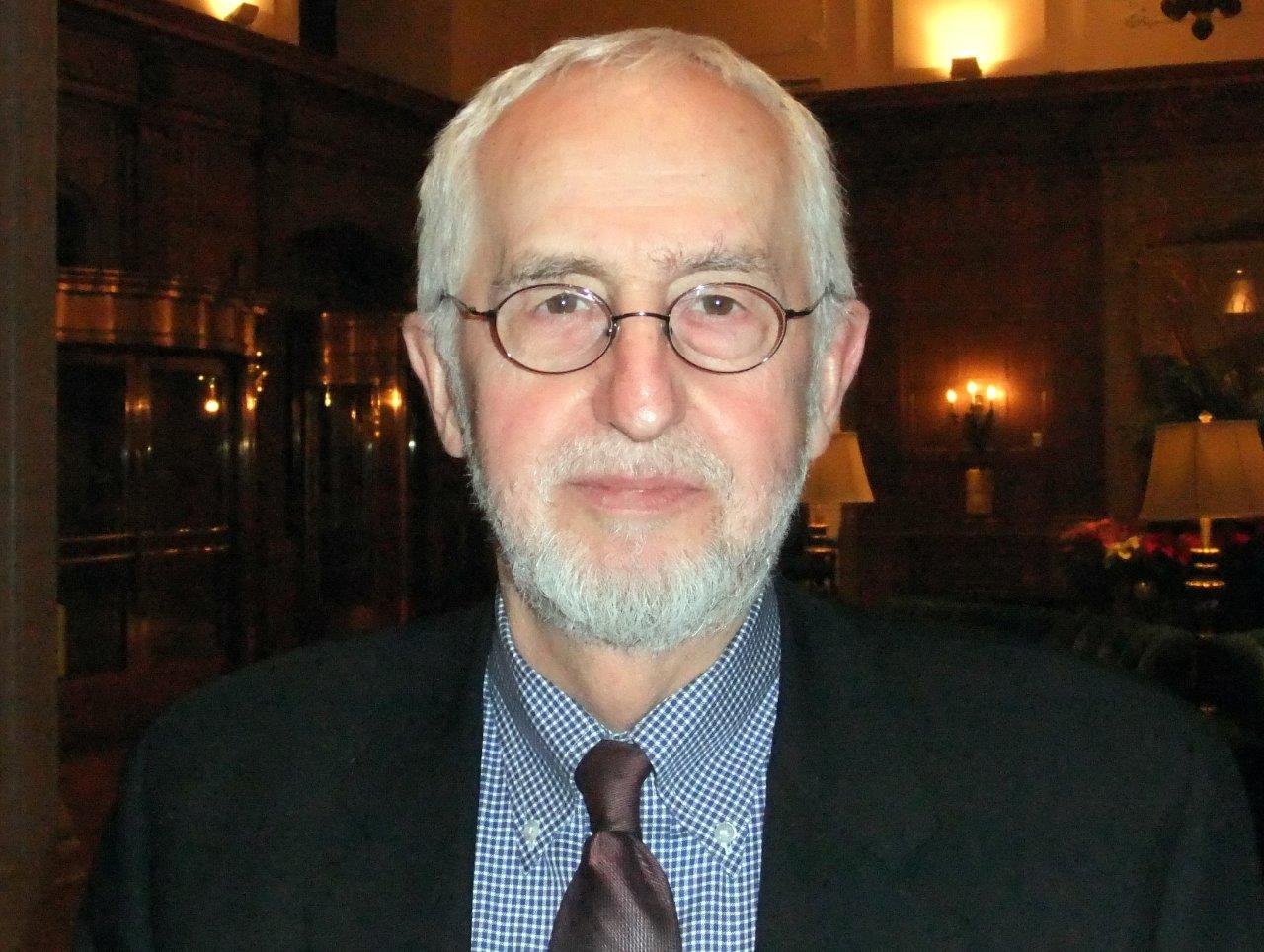rabble is expanding our Parliamentary Bureau and we need your help! Support us on Patreon today!
Ernie Regehr has been studying war and promoting peace since the 1960s. A tireless researcher, he has just produced another book called Disarming Conflict: Why Peace Cannot Be Won on the Battlefield. It would make good reading for new ministers as Canada’s recently elected government contemplates changes to our defence and foreign policy.
Reviewed 100 armed conflicts
Regehr was a co-founder in 1976 of Project Ploughshares, the ecumenical peace research group based in Waterloo, and he served as its executive director for 30 years. He says the organization tracked armed conflicts since prior to 1989 and he has used that research to review almost 100 of them. “The lesson from 25 years of research is that conflicts aren’t settled on the battlefield but they rely on addressing the economic and governance issues that give rise to conflict,” he told me in a recent interview.
He added, “I am not just making a moral, ideological argument against trying to settle arguments by dint of force. I am saying that the evidence shows that it is virtually impossible to do it.”
Regehr insists that resources devoured by the military would be invested more wisely in what he calls the four Ds: development, democracy, disarmament, and diplomacy. “We underfund those things and focus way too much attention on military responses to conflict,” he says.
Military forces spend $14 billion every three days, which is more than the entire annual budget of the United Nations for all of its activities, including peacekeeping. In 2014-15, Canada spent $20 billion on defence, close to one per cent of GDP.
Protecting the vulnerable
Regehr does not rule out the use of “coercive enforcement” to protect vulnerable populations and restore stability. These should be multilateral interventions, usually under the auspices of the United Nations, and to succeed they must be “in support of the full range of peace and security efforts.” In the Syrian conflict, for example, safe havens for civilians could be created within the country but near the border with Turkey, and protected by a multinational military force.
ISIS an “outlier”
He admits that groups such as ISIS in Syria and Iraq and Boko Haram in Nigeria are outliers who challenge the existing “paradigm of conflict” — an important observation given the recent deadly attacks in Beirut, Paris and elsewhere. Those groups, he says, are driven mainly by religious extremism. Their primary goal is not linked to settling political or economic grievances but rather to establishing a Caliphate.
“We must say with humility that we do not know how to solve some of these conflicts but, nevertheless, we are neglecting any attempts at negotiation and reconciliation. We can also say with pretty strong conviction that the bombing campaign is not going to prove effective. There is this extraordinary humanitarian catastrophe there for which there is very inadequate humanitarian response. That’s where the effort ought to be.”
New Liberal government
What is Regehr’s advice as a new Canadian government revisits foreign and defence policies? “If you want to engage and to promote international peace and security,” he says, “then you have got to engage in developing a means to respond to economic development, good governance and diplomatic capacity, and to control the arms with which wars are fought. Those are the means by which political conflicts are going to be resolved.”
He points to the Nordic countries as examples of what can be done and includes the Netherlands and Denmark on his list. He says they spend as much on development and diplomacy as they do on the military, while in Canada the ratio is four or five to one in favour of military spending.
A shorter version of this piece was published as a blog entry with the United Church Observer on November, 16, 2015.
rabble is expanding our Parliamentary Bureau and we need your help! Support us on Patreon today!



